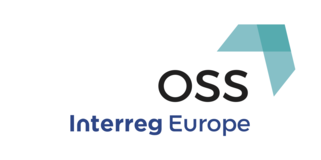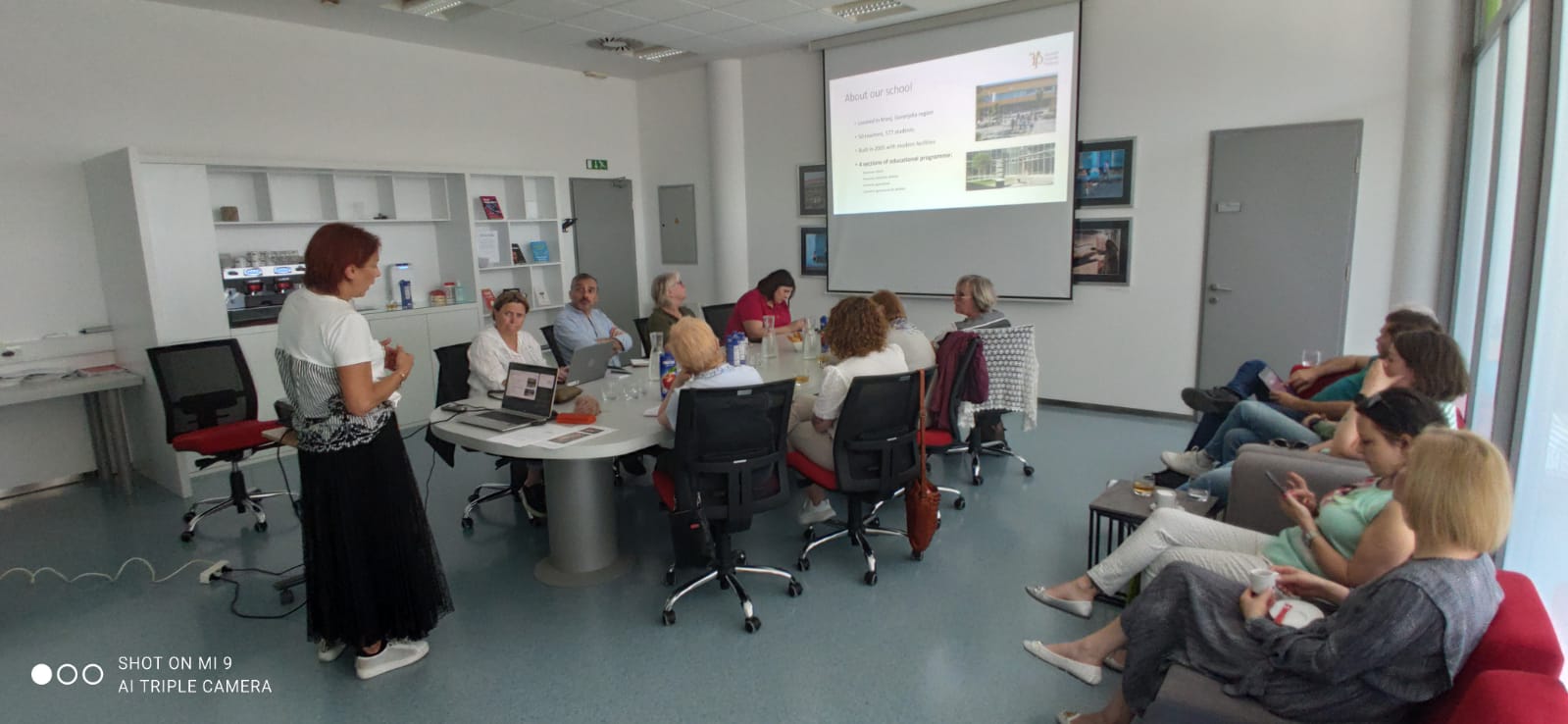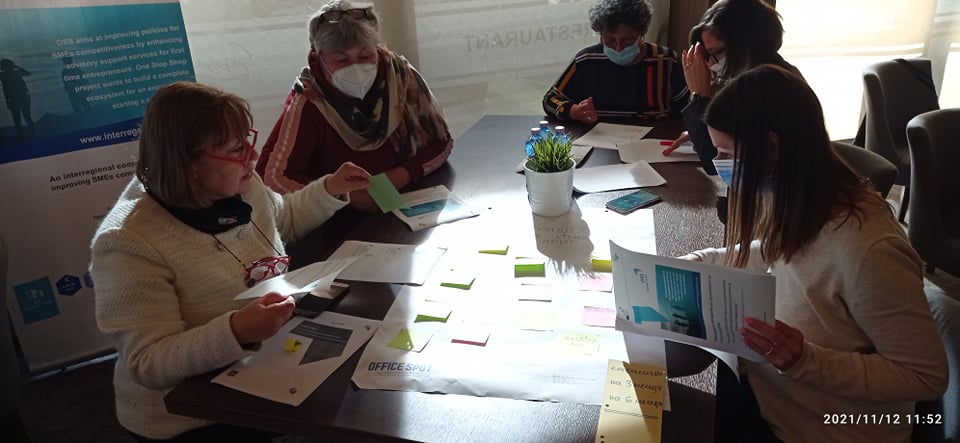The Covid 19 pandemic in Slovenia
How did the Slovenian government respond to the crisis?
Slovenia responded to the COVID-19 crisis similarly to other EU countries, i.e. with extensive fiscal packages, which were aimed, on the one hand, at direct assistance to the population and, on the other hand, at assistance to the economy. The packages of measures to mitigate the consequences of the epidemic are legal packages adopted by the Government of the Republic of Slovenia during the 2019 coronavirus disease pandemic in Slovenia in order to address the challenges and consequences of the epidemic in the country. By the beginning of March 2021, 8 such packages (PKPs) had been adopted.

It is a crisis that is completely different from previous crises, including the one ten years ago. While those crises have their origins in the economic weaknesses of countries, the current crisis has its origins in the health segment. In this sense, the current crisis is more symmetrical in its characteristics, as it has affected the population all over the world, and its economic consequences are very different and therefore asymmetric. These differences stem mainly from differences in the structures of economies and differences in the response of economic policymakers to the pandemic, and this is strongly linked to the fiscal position of countries.
If we take a closer look at how the EU has responded to the crisis, then it must be said that the EU has very limited competencies in the field of health. Health is one of those areas where Member States have been reluctant to hand over part of their sovereignty to the EU level. This means that the response to the health crisis was primarily in the hands of the Member States.
The entire EU financial package for the period 2021-2027 consists of two instruments. One is the classic multiannual financial framework, from which Slovenia will receive cohesion funds and funds for the common agricultural policy. Another instrument, called the New Generation EU, is a completely new € 750 billion instrument to rebuild the Member States after the current crisis. Slovenia will receive just over five billion euros from this instrument, of which around two billion in the form of grants and more than three billion euros in the form of access to loans.
In the absence of such a package at the EU level, it would be realistic to expect the Member States to emerge from the health crisis in a very different economic situation and therefore with a different starting position for economic recovery. This fiscal package, which is aimed primarily at economically weaker members, is intended to ensure that, after the crisis, all Member States are in at least roughly the same position when competing in the single European market. In the absence of such a package, Slovenia would very likely be in a situation where economically weaker Member States would start imposing various restrictions on the free movement of goods and services. This, however, would quickly call into question the functioning of the common European market, which is even more important for its stronger members. It is precisely this realization that, without a fiscal package at EU level, the functioning of the common European market as the core of the European Union is at stake.
Overall, these measures are appropriate both in terms of scale and structure, as evidenced by recently published data on last year's fall in GDP, which was lower than the EU average, and data on unemployment, which has otherwise increased but not dramatically. If the measures taken are to be assessed in more detail, they have been those that have been very successful, such as the moratorium on loan repayments, financial schemes to protect jobs, tourist vouchers, and some others, as well as those that have achieved less than expected, such as a warranty scheme.



















